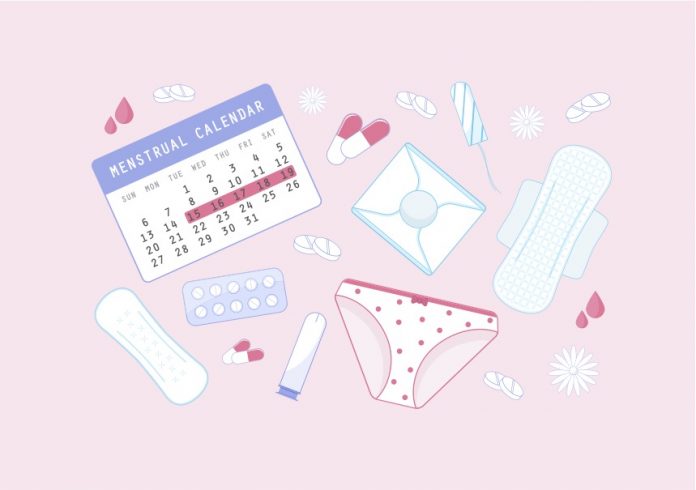20 to 50 per cent of women in rural areas still use clothing and other substitute materials to manage personal hygiene. Globally period poverty is a significant issue where women lack access to period products due to being unable to afford them. In addition, women and girls report high shame and stigma surrounding periods.
In a report published by Share the Dignity, 1 in 5 women had to improvise a period product due to cost. Further, 49 per cent of respondents reported wearing a pad or tampon for more than four hours because they did not have enough period products to get by.
In a report produced by Future Market Insights, companies are expected to increase capacity for intimate care wash products to address the growing demand and increase access to personal hygiene products.
From 2016 to 2021, sales witnessed significant growth, registering a compound annual growth rate (CAGR) of 8.9%. Growing awareness among women about health and hygiene related to keeping intimate areas clean is driving the market. Further, government initiatives and NGOs are helping to educate and spread awareness among women about feminine hygiene products.
The overall demand for Intimate Wash Care Products is projected to grow at a CAGR of 9.3% between 2022 and 2032, totalling around US$ 7,922.4 Million by 2032.
Customers are predicted to look for natural products formulated with organic ingredients and those that offer antimicrobial health benefits.
The risks associated with allergies, including irritation, itchiness, dryness, and other problems, are the key to restraining the global growth of intimate wash products.









